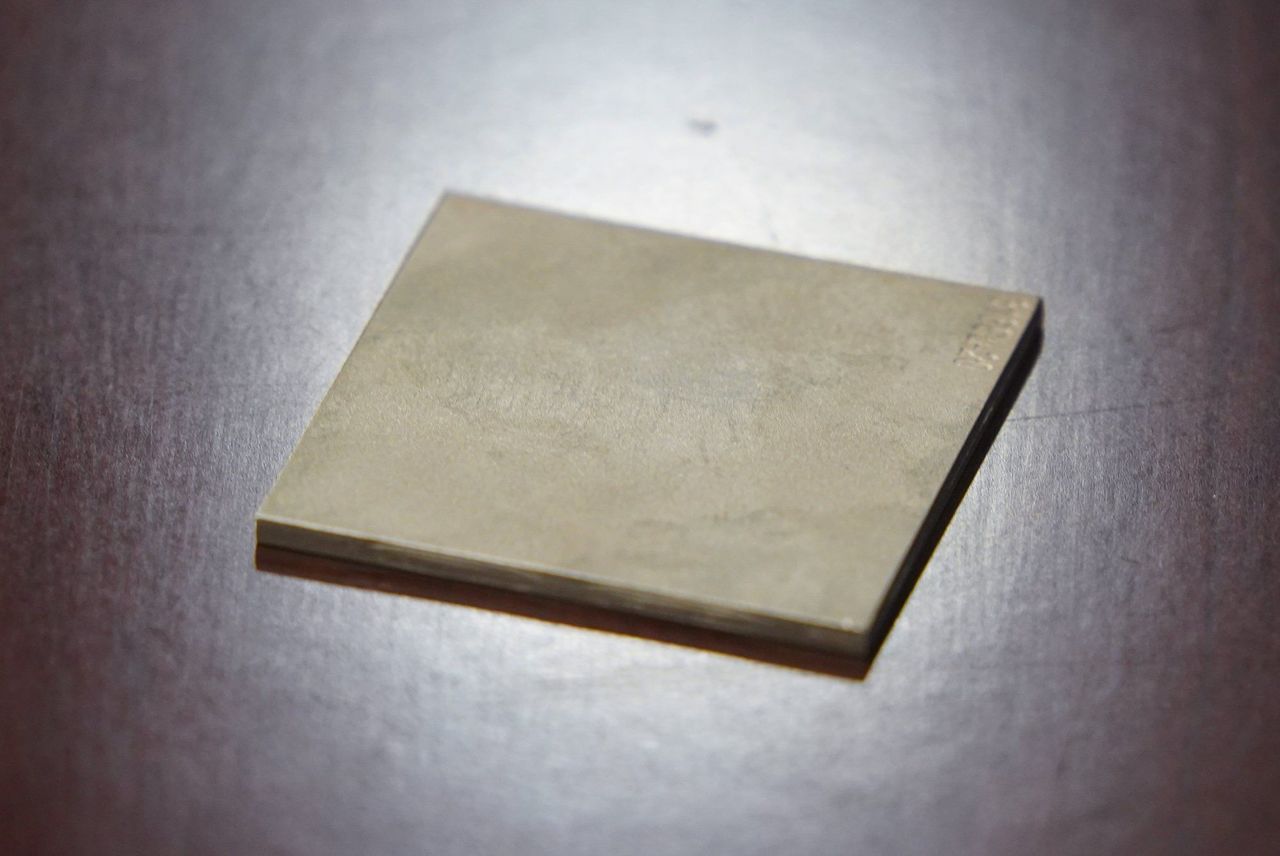Hong Kong News

New anti-Covid steel developed in Hong Kong expected to hit market in 6 months
A new type of stainless steel developed in Hong Kong that can kill the Covid-19 virus on its surface within hours is expected to hit the market in the coming six months, reducing the risk of cross infection from contaminated doorknobs, lift buttons and other contact surfaces.
Billed as the world’s first anti-Covid steel, the material adds copper to the usual mix of metals, enabling it to inactivate 99.75 per cent of viable coronavirus cells within three hours, and 99.99 per cent within six, said Professor Huang Mingxin, from the department of mechanical engineering at the University of Hong Kong (HKU). Virus cells can live on regular surfaces for at least three days.
“Even if you make a very big scratch, it still has the capability to kill the virus because the copper particles are always inside. This is the best thing, compared to other coating technologies which can be scratched off,” Huang said at a press conference on Thursday.
Huang said a patent had been filed and that his team was liaising with industrial partners to produce lift buttons, doorknobs and handrails using the new material that would hopefully hit shelves within six months.
The discovery was the result of two years of trials, which revealed that stainless steel with a copper content of more than 10 per cent could rapidly inactivate pathogens capable of surviving on other metals for a relatively long time.
However, Huang said the team had yet to test the material against new coronavirus variants, noting the research was conducted with the original strain.
“We will try whether this works on Delta and Omicron, but I guess it would also work,” he said, adding the steel could also inactivate H1N1 and E coli cells.
The cost of the new material would be higher than that of conventional stainless steel due to the presence of the copper, Huang said, but added: “It is still stainless steel, which would not be very expensive.”
“It could be produced in existing production facilities. They could tune the amount of copper they add after weighing the cost,” he said.
 The new steel’s anti-viral properties come from a copper content of at least 10 per cent.
The new steel’s anti-viral properties come from a copper content of at least 10 per cent.
The United States Centres for Disease Control says the risk of coronavirus transmission via contaminated surfaces – as opposed to breathing an infected person’s respiratory droplets – is “generally considered to be low”. But Professor Leo Poon Lit-man, of HKU’s school of public health, said studies had proved it was still possible.
Asked whether the new stainless steel could do away with the need for manual disinfection, Poon emphasised that the study was only aimed at reducing the infection risk.











